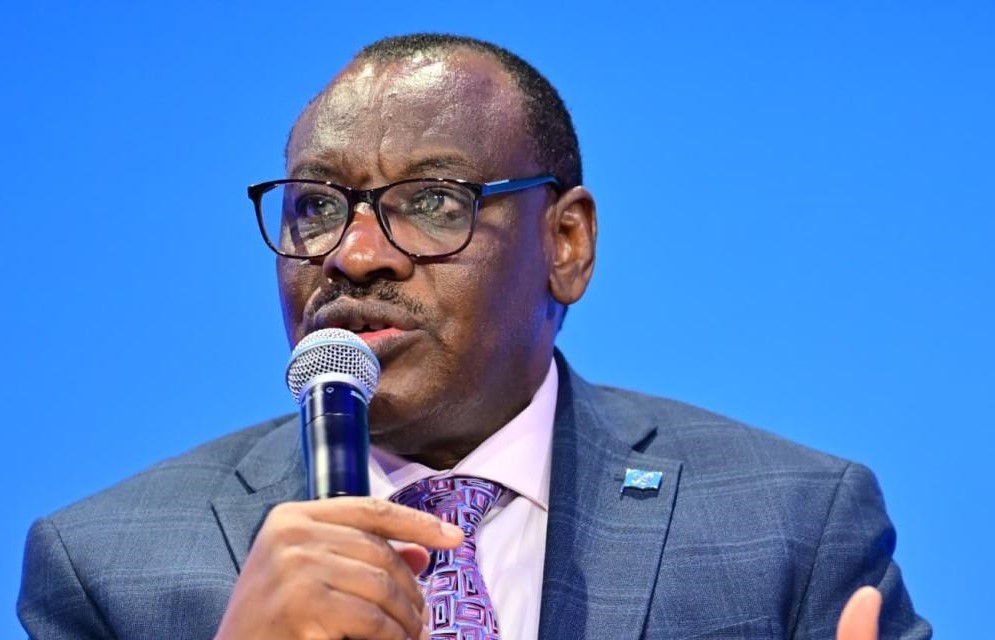ECA urges shift to skill-based education for Africa’s technological advancement

Claver Gatete, the Executive Secretary of the Economic Commission for Africa (ECA), has emphasised the imperative need to prioritise skill-based education for Africa’s technological progression.
Speaking at the 2024 edition of the annual ECA Africa Business Forum (ABF2024) held in Addis Ababa, Ethiopia, Gatete stressed the necessity of moving beyond traditional education metrics to focus on practical skills relevant in the digital era.
“Our conversations should not only be about how many are schooled, but rather how many are skilled,” said Gatete.
The ABF2024, a gathering of hundreds of participants comprising government officials and private sector representatives from across Africa and beyond, served as a platform for robust discussions on the transformative potential of technology and innovation for the continent’s future.
Gatete highlighted Africa’s capacity to emerge as a global hub for solutions through concerted investments in science and technology.
He stressed the critical role of artificial intelligence (AI) and machine learning in addressing socio-economic challenges, underscoring their significance for job creation, productivity enhancement, and competitiveness.
“Investment in these fields is crucial for job creation, boosting productivity, and enhancing competitiveness,” said Mr. Gatete, underscoring the importance of artificial intelligence (AI) and machine learning as critical tools to address social and economic challenges.
Despite notable achievements such as the substantial growth in broadband access and the burgeoning mobile money market valued at $836.5 billion, Gatete cautioned that Africa’s digital potential remains largely untapped.
He raised concerns about the looming digital skills gap affecting 650 million workers by 2030 and the imperative to create millions of jobs for the continent’s youth.
Doron Avni, Google’s Vice President for Emerging Markets, echoed Gatete’s sentiments, emphasizing the transformative capacity of AI in fostering sustainable and inclusive growth in Africa.
Avni advocated for inclusive AI education and government investment in the sector, underscoring Google’s commitment to supporting indigenous AI initiatives in Africa.
Representatives from various African nations echoed the call for educational reform to align with the demands of the digital age.
Nigeria’s Minister of State for Education, Yusuf Tanko Sununu, urged a radical overhaul of educational systems, recommending the integration of technology.
Similarly, Zimbabwe’s Minister of Higher and Tertiary Education, Science and Technology Development, Prof. Amon Murwira, stressed the need to shift from theory-based education to practical skills development, particularly in technology and STEM fields.
Botswana’s Minister of Communications, Knowledge, and Technology, Thulaganyo Merafe Segokgo, highlighted the potential of technology and innovation in driving Africa’s transformation towards a sustainable future, highlighting Botswana’s strides in building inclusive digital infrastructure.
The forum underscored the importance of public-private partnerships in driving Africa’s development agenda, with tech giants like Google leading collaborative efforts towards realising the 2030 Agenda for Sustainable Development and Agenda 2063: The Africa We Want.







